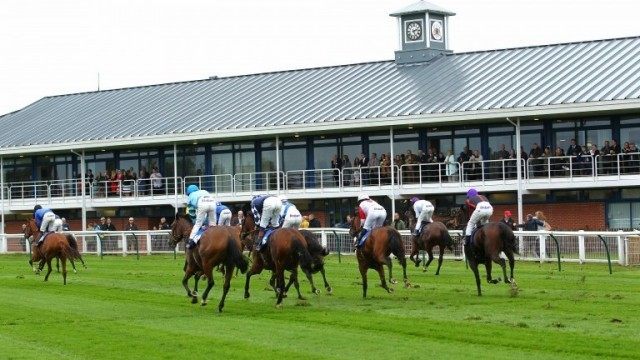Despite the rhetoric surrounding cuts and austerity, councils countrywide are hoarding assets as diverse as restaurants, golf courses, shopping centres, and even nightclubs and fish stands, according to new research by the Taxpayers’ Alliance.
Over the course of the last government, council spending was reduced by 20.4 percent across England. Taking population changes into account, that figure rises to 23.4 per cent, according to the Institute for Fiscal Studies.
Many councils responded to the cuts by removing essential services, including bus routes serving elderly people in rural communities and children’s charities and community groups staffed by volunteers.
However, the IFS has found that, despite the reduction in funding, local authorities are increasing their reserves. In a March 2015 briefing paper, researchers David Innes and Gemma Tetlow noted: “Even though revenues have fallen significantly, on average local authorities have spent less than they received from grants and council tax over the last five years, meaning that on average they have increased their reserves rather than drawn from them. The average increase in reserves across local authorities in England was an increase equal to 5% of annual spending in 2009–10.”
Now the TaxPayers’ Alliance has found that so-called cash-strapped local authorities are also hoarding assets likely to be worth millions. Freedom of Information requests uncovered 407 golf courses, 580 restaurants and cafes, 2,586 farms, 7,294 shops and 174 hotels, amongst other assets.
Brighton and Hove City Council, who hoped to stage a referendum on raising the local council tax by 4.75 percent at a cost of at least £230k before the plans were defeated by the opposition, owns a total of 59 restaurants and cafes alone. It also has five golf courses.
Labour-led Nottingham City Council is keen on gambling for entertainment – it owns a Bingo club, a greyhound stadium and a racecourse. Last year it’s councillors said the council’s finances were at a “tipping point” after they were asked to find £25m in savings. They cut £1.3m from adult social care, despite having £120m in reserves.
Some of the more unusual findings included a wet fish stall owned by Thanet District Council, pigeon lofts and a betting office owned by Copeland Borough Council, and Dumfries and Galloway Council’s cheese factory.
Bristol City Council and Harlow District Council both own nightclubs, with Harlow’s ‘Seen’ nightclub described as “Essex’s most chic and sophisticated clubbing destination”.
Jonathan Isaby, Chief Executive of the TaxPayers’ Alliance, said: “What possible business does a council have owning a nightclub?
“It looks deeply hypocritical for councils to plead poverty as an excuse for hiking Council Tax when they’ve got such a huge asset portfolio. Local authorities should be focussed on essential services. The time has come for a serious discussion on what councils should, and should not, be doing – a drastic rethink which saw many of these assets returned to the private sector where some of them clearly belong would be a dramatic step towards a balanced budget and protecting taxpayers.”
Communities and Local Government Secretary Greg Clark said local taxpayers “have a right to know, and demand”, that their money is being spent carefully and effectively.
“Councils must keep council tax down and efficiently manage their assets to ensure local taxpayers’ money is delivering value for money and the services local people want to see,” he added.

COMMENTS
Please let us know if you're having issues with commenting.